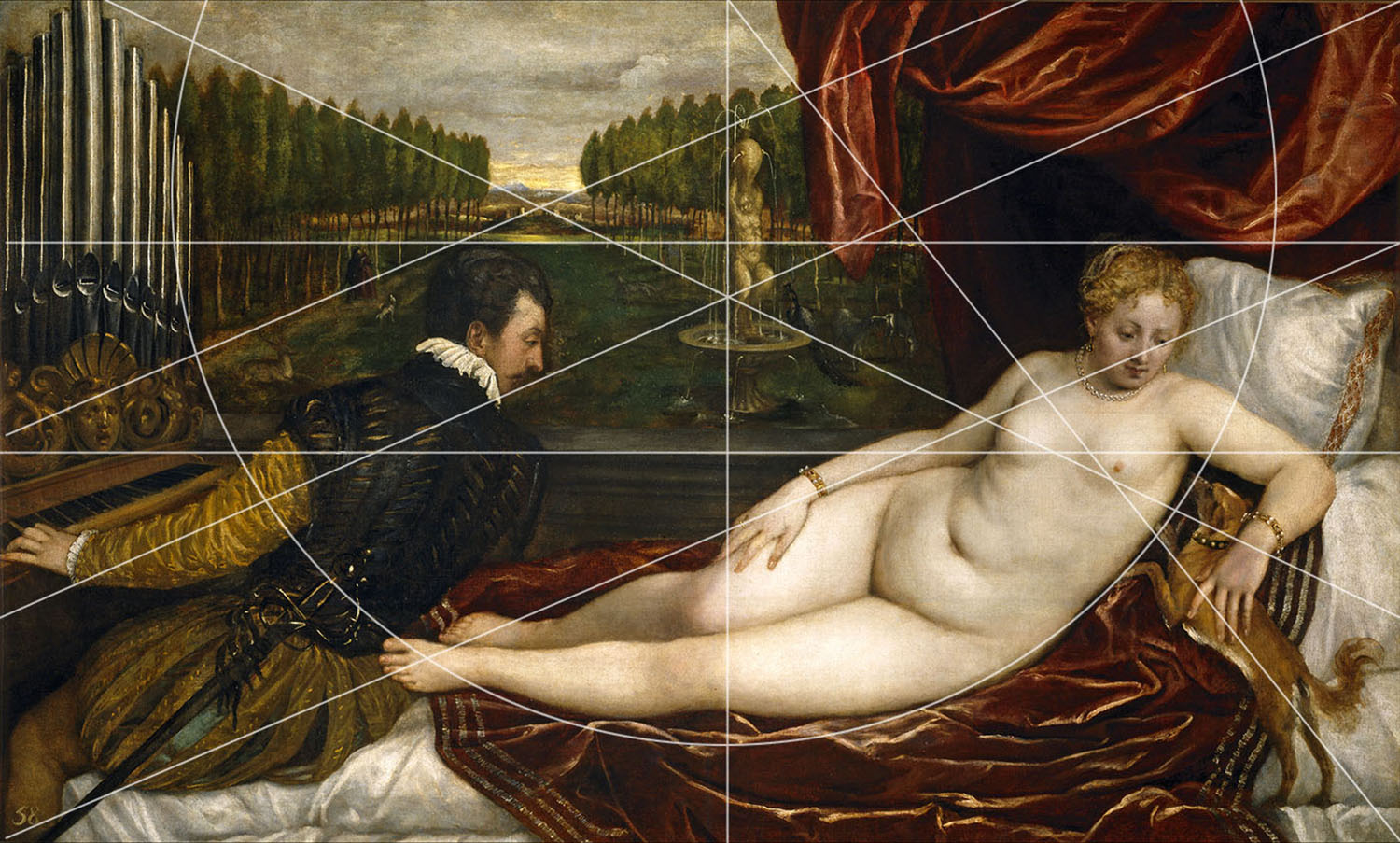
When you ask a photographer what they would like to improve, the answers are almost always: “Lighting and composition.” But what do we really mean by composition? What is the point of it and why do we want to master it?
Many photographers get discouraged because they feel like they were not gifted the skill of composition. No one is gifted the skill of composition.

Composition is a language, like Japanese or Greek. It has a structure and a grammar that does not come naturally to people.
Many photographers get discouraged because they feel like they were not gifted the skill of composition. No one is gifted the skill of composition.
In the course of 20 years of studying and making art, I’ve never seen anyone who just “gets it.” I’ve listened to photographers and artists say they were born with it, but it makes for a nicer story than reality.
Everyone (and I mean everyone!), from Michelangelo, Caravaggio, Rubens, Velasquez, Rembrandt, Van Gogh, Monet, Picasso, Cartier-Bresson, Ansel Adams, Eugene Smith, Alex Webb … the list goes on, initially takes pictures that have clunky composition. None of them were “born with an innate understanding of composition.” This is pretty normal.
No one just “gets Japanese.” They learn it, practice it, experiment with it, and mess it up a lot before they are fluent. But once they are, they can keep up a conversation and that is where the secret of composition lies. The point of any language is its ability to engage and potentially communicate. It takes time and patience, but anyone can learn composition. Before they do, it is worth asking, “Why would I want to learn a language that most of the people who look at my pictures will never really understand?”

The answer is simple. The purpose of composition is to use the structure of your pictures to keep people looking at your picture longer than 3 seconds. Even if someone can’t speak the language of composition, they can enjoy it. Think of it like enjoying an Italian opera and never speaking a word of Italian, or admiring a Japanese haiku and not knowing a single character. There is an auditory or visual engagement that languages have to them. Surely learning the language will increase the appreciation, but even with no background the work can be engaging.
It seems that with the uptick in technology, attention spans are getting shorter, not longer. All the more reason to learn composition. If the average person will only spend 3, 2 or even 1 second(s) looking at a picture, might as well give it your best shot at holding their attention. In order to do this, we want to understand what composition does and what it does not do.
Composition is the arrangement of forms, not content, inside of a shape that creates the visual effects. It is a tool that has many expressions and nearly infinite possibilities.
Composition is not pretty, beautiful, or dynamic. It can be all of those things, but that is not at the core of what composition really is.
Composition is the arrangement of forms, not content, inside of a shape that creates the visual effects. It is a tool that has many expressions and nearly infinite possibilities.


One of the first steps in learning composition as a language is to talk to people who are fluent. Artists like Alphones Mucha, Leonardo Da Vinci, and Andre Lhote (Cartier-Bresson’s teacher) all wrote about composition. In addition to them, you can try theorists, like Matila Ghyka’s The Geometry of Art and Life or Charles Bouleau’s The Painter’s Secret Geometry
.
As you read these books keep asking yourself, “What is it they are trying to do?” This way, when you say you want to improve your composition, you will have a much better idea of what you are working on and not just a vague notion without any clarity.
Adam Marelli Workshops is a participant in the Amazon Services LLC Associates Program, an affiliate advertising program designed to provide a means for sites to earn advertising fees by advertising and linking to Amazon. Translated from legalese, this means I get a small percentage of the sale when you buy something from Amazon through one of the links on this site. I only recommend products that I have personally used and feel would be a useful resource for you. I’m not paid to endorse any products beyond the small commission from Amazon.